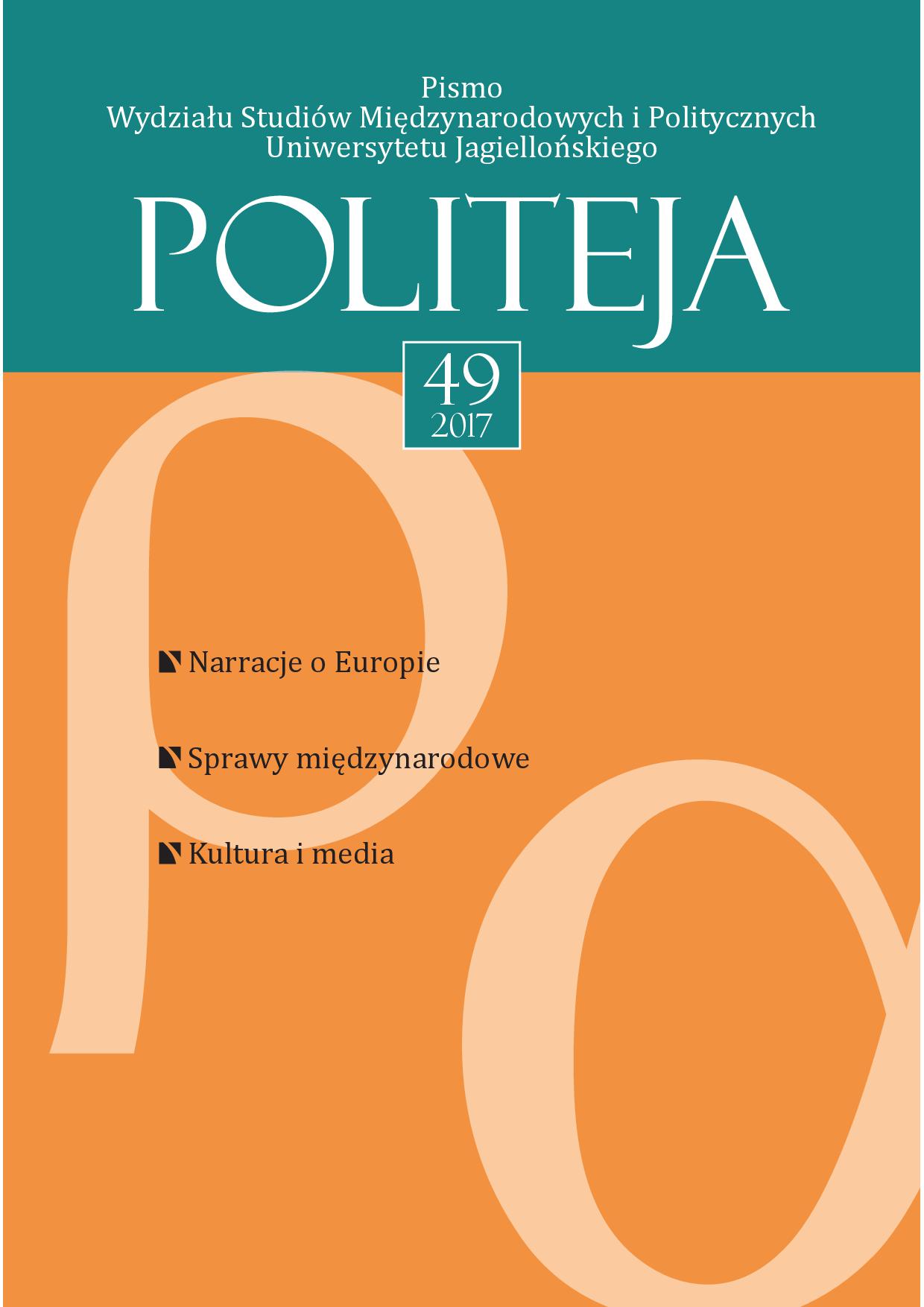Advocatus populi i advocatus diaboli – o prawie , argumentach i strategiach stron negocjujących Brexit
Advocatus populi and advocatus diaboli – on law, arguments and strategies in Brexit negotiations
Author(s): Hans‑Bernd Schäfer, Arkadiusz RadwanSubject(s): Social Sciences, International Law, EU-Approach / EU-Accession / EU-Development, EU-Legislation
Published by: KSIĘGARNIA AKADEMICKA Sp. z o.o.
Keywords: Brexit; EU‑referendum; withdrawal negotiations; Article 50 TEU; EU‑27; European integration; United Kingdom; game theory;
Summary/Abstract: The decision on leaving the EU was driven by identity politics rather than sober economic considerations. The British government will have to reconcile the political expectations of the voters (red lines) with their long term economic aspirations, as it will be accountable towards the electorate for delivering both.The two-years sunset clause elicits the specter a hard Brexit scenario with the UK ending up as Union’s uncushioned dropout. The failure to work out any withdrawal agreement, ergo UK downgrading to a mere WTO status makes up the BATNA for the negotiating parties. From the day of the notification made pursuant to Article 50 TEU, this BATNA looms larger for the UK than it doesfor the EU-27, as the costs of losing the access to the other party’s market are estimated to be much higher for London than for Brussels. Avoiding hard Brexit will only be possible if a new model of future EU-UK trade relations will be worked out. The cost calculation for EU-27 can not be limited to a ‘single game’ (one-stage strife) but it has to take into account the influence of the negotiated outcome on future behaviour of other players to the game, i.e. the remaining MS. Both parties remain in a confrontational logic. They resort to entering a chicken game – a negotiation strategy of signalling a limited room for manoeuvre. The main demands of the Leave camp are now being taken by the British government for red-lines supposed to be limiting London’s array of acceptable negotiation outcomes (Brexit means Brexit). On the other hand, the EU-27, as a heterogeneous group of countries remains inherently unpredictable, which may be also perceived as a structural narrowing of Brussels’ room for manoeuvre. Thus, contrary to the received wisdom, the London’s divide et impera strategy would easy turn counter-effective. A tension that exists between meeting voters’ political expectations on the one side, and safe guarding country’s long-term economic prosperity on the other, makes any possible tradeoff hard to accept. A strategy capable of reconciling these conflicting premises would be for London to striveto prevail in political symbolism while at the same time accept far-going concessions in the real sphere by allowing the EU-UK economic integration to be upheld through UK continued Club’s ‘membership in disguise’. The most probable outcome of the Brexit negotiation will be the adoption of a comprehensive free trade agreement. It is unlikely for the withdrawal agreement and/or for thefuture EU-UK FTA, alleviating the adversity of Brexit for the British economy,to be concluded without London’s readiness to rendering transfer payments towards the EU, and without UK participation in at least some of the Union’s key policies. Furthermore, UK will need to continue following at least some of the internal market regulations. The inherent downside of this arrangement for the UK will be the reduced influence of London on the Brussels-made laws. The compliance of United Kingdom with the EU legislation will need to be flanked by arrangements designed to guarantee a functioning law enforcement through institutionalized dispute resolutions mechanism (e.g. EU-UK court modelled after the EFTA-court).
Journal: Politeja - Pismo Wydziału Studiów Międzynarodowych i Politycznych Uniwersytetu Jagiellońskiego
- Issue Year: 14/2017
- Issue No: 49
- Page Range: 231-271
- Page Count: 41
- Language: Polish

